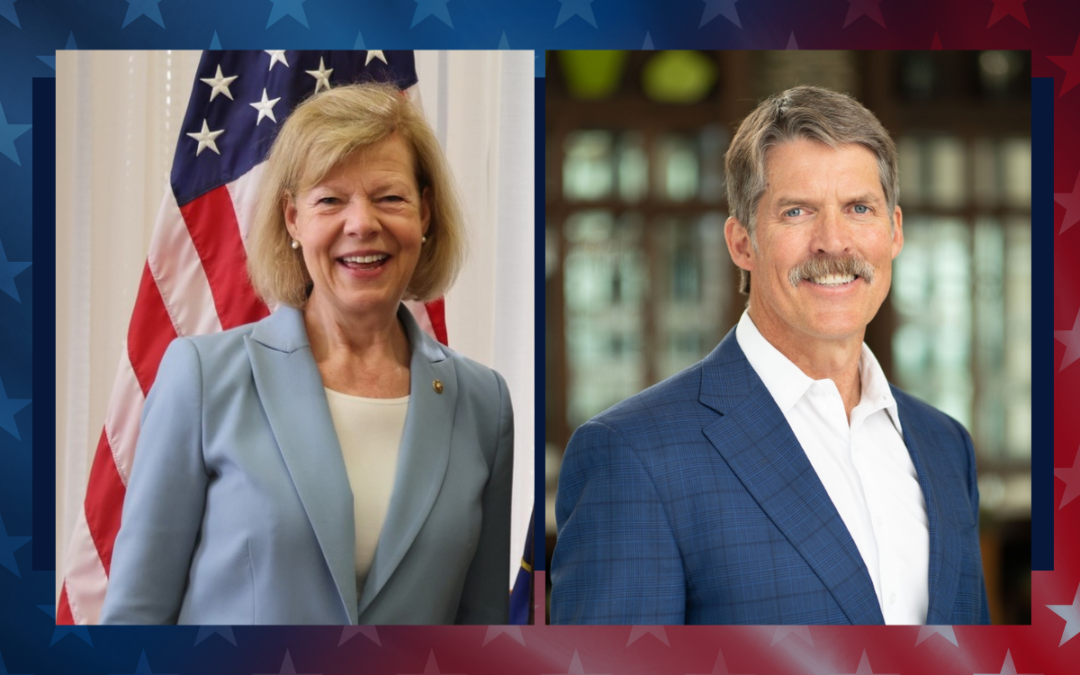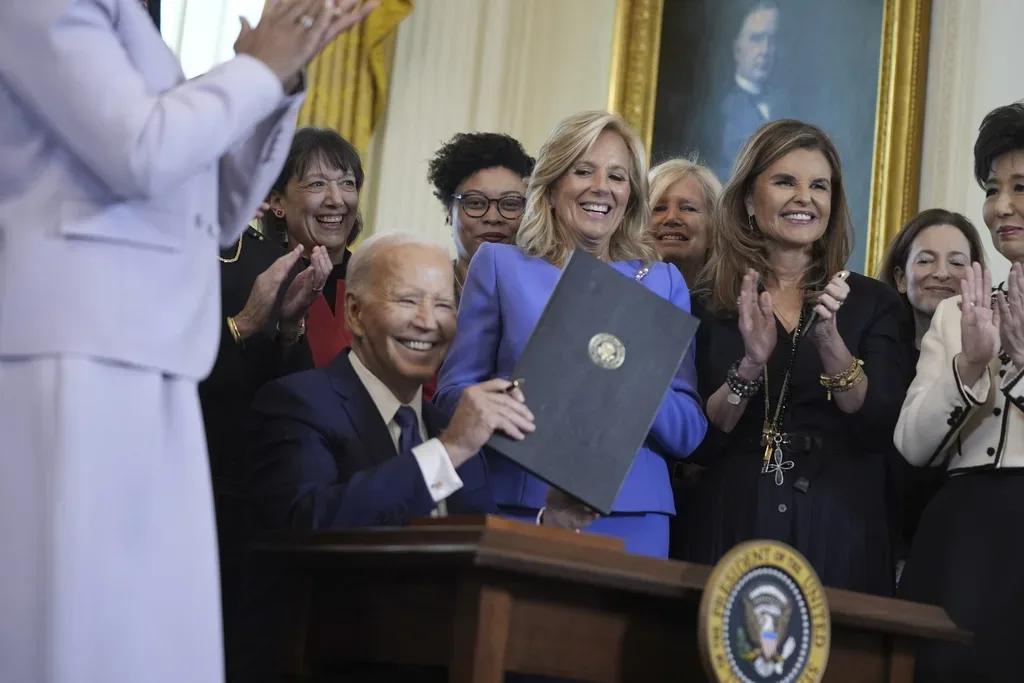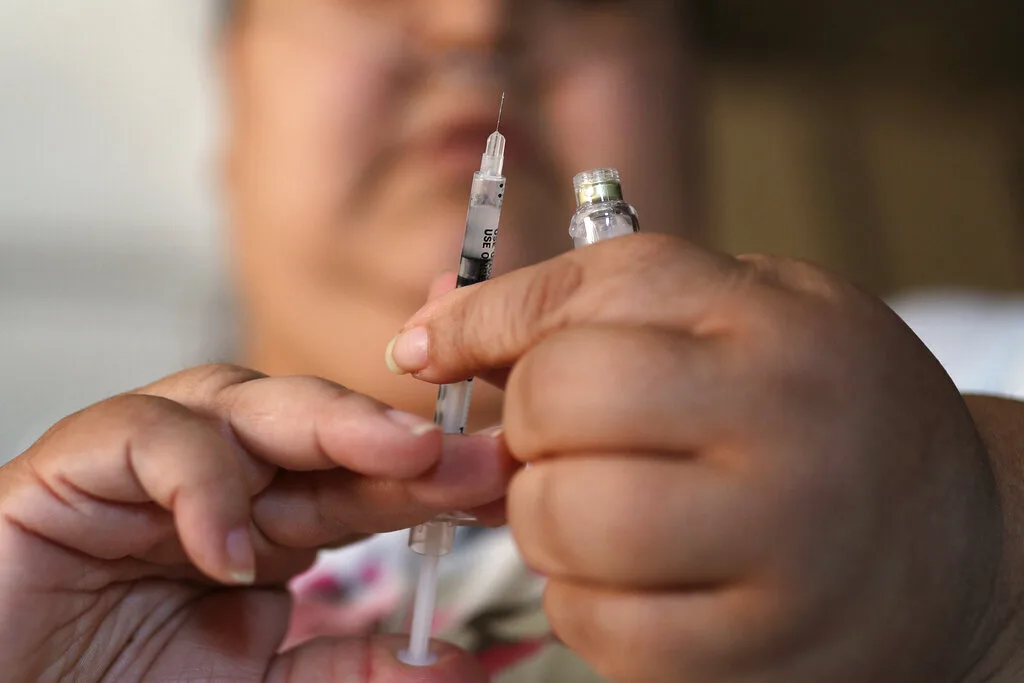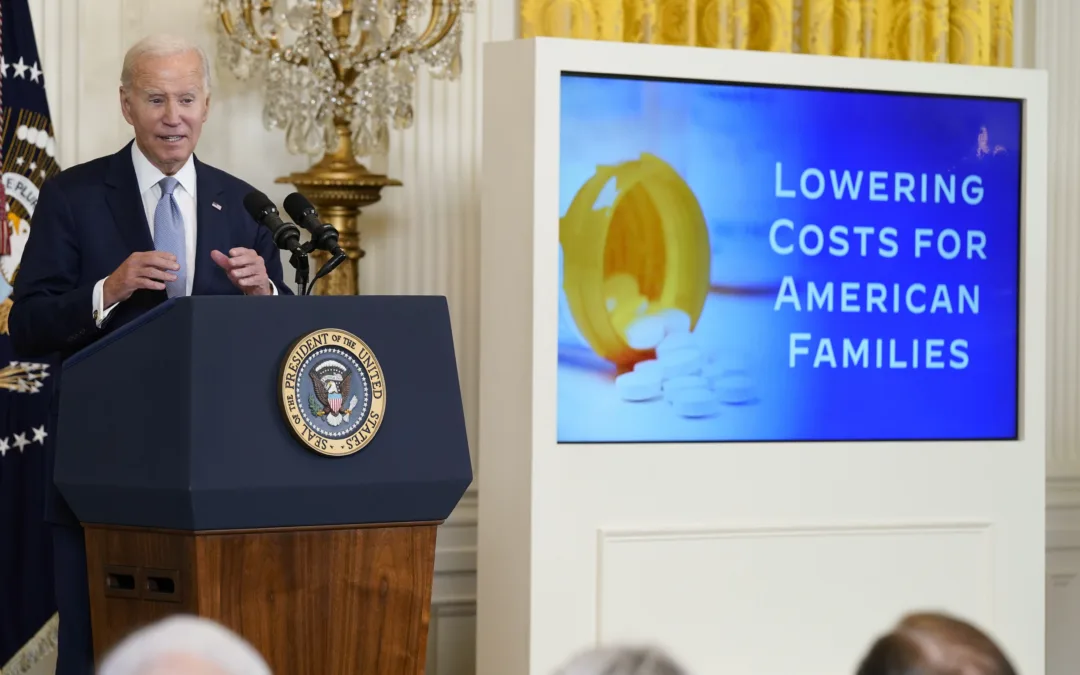
#image_title
#image_title
COVID crisis financially stressing an already challenged system.
Roughly $100 million in federal funding will be heading to nursing homes, long-term care facilities and emergency medical services soon, but one of the state’s larger operators of these types of facilities says it is not enough.
Hours before Gov. Tony Evers announced the state was to begin distributing $100 million in Coronavirus Aid, Relief, and Economic Security, or CARES, Act funding, David Mills, the chief executive officer of North Shore Healthcare, said federal money alone is not enough to keep facilities from closing their doors in Wisconsin.
He said state dollars need to be spent to keep many centers financially afloat through the COVID-19 crisis.
“To date, we’re about 10 weeks into this crisis and there have been no state monies directly passed along to skilled nursing homes,” said Mills during a conference call hosted by Wisconsin Health News. “That’s not acceptable. We are at the center of this storm. We are willing and we want to be a part of this solution but it absolutely comes at cost. We need help.”
Glendale-based North Shore Healthcare operates more than 60 nursing homes and assisted living centers in Wisconsin. Mills said that since 2016, 30 skilled nursing facilities have closed and 50 have gone into receivership in Wisconsin.
“I don’t think there’s any question about it. There will be more closures as a result of this,” Mills said. “There were many providers with razor-thin margins hanging on prior to this. I would expect, unless some significant changes happen here shortly with funding, I’m not sure how they will survive. This is a breaking point for them.”
As of Thursday, there are 13,885 positive COVID-19 cases in Wisconsin and 487 deaths. According to data collected by the state Department of Health Services, roughly 40 percent of COVID-19 cases in Wisconsin are linked to nursing homes and long-term care facilities.
As of Thursday, there were 165 investigations occurring at long-term care facilities and 32 group housing centers, according to data collected by the state Department of Health Services.
“Yet we are only getting some federal funding and no state funding,” he said.
Medicaid reimbursement historically has lagged behind the actual cost of services, he said, but with the COVID-19 pandemic, occupancy rates have dropped by 10 to 12 percent, the cost of purchasing necessary personal protective equipment has increased by 300 percent, and ongoing staffing shortages are contributing to a financial strain on an already drained system.
“On the funding side, it’s a crisis. There are no two ways about it,” Mills said. “We have seen some federal relief through the CARES Act, which obviously is going to help. But it doesn’t put a dent in the issues we are talking about in terms of occupancy and revenue shortfalls and expenses.”
Ryan Nielsestuen, the governor’s chief legal counsel, confirmed on a conference call with reporters Thursday that the Legislature did not allocate any state funds toward nursing homes or long-term care facilities when it met in April to pass a COVID-19 relief bill.
“The bill that was passed provided a very limited response to the pandemic,” Nielsestuen said. “State legislators said they first wanted us to see what would be available through the federal funding.”
The Republican-controlled Legislature has met once since Evers declared a public health emergency in Wisconsin on March 12. On Thursday, Assembly Majority Leader Jim Steineke, R-Kaukauna, sent a letter to Evers concerning funding for long-term care facilities.
The letter to Evers was prompted by a letter Steineke and Sen. Rob Cowles, R-Green Bay, received from Sondra Norder, the president and chief executive officer of St. Paul Elder Services in Kaukauna. Her letter echoed concerns made by Mills..
Norder told Steineke and Cowles the Legislature “must take immediate steps” to increase Medicaid per diem payments and Family Care Direct Care Workforce funding.
She said it is “critically necessary” in order for providers to address the mounting fiscal pressures associated with the COVID‐19 crisis.
“Let me be clear that, without the state doing its part to help us provide the best practice care that is required to prevent catastrophic facility outbreaks, we will not accept the blame that has historically and misguidedly been directed at us as providers of the actual work that not many are willing to do, and that elected leadership continuously shirk responsibility for,” said Norder in the letter. “Insufficient Medicaid funding is directly putting lives at risk at this time.”
Steineke, however, questioned why $445 million in CARES Act funding was allocated earlier this week to hospitals before the $100 million in funding to long-term care facilities. He did not mention concerns raised by Norder that could be addressed at the state level.
“If there is any state funding, it will have to come from the legislature getting to work and allocating funding to long-term care providers,” Nielsestuen said.
Evers said guidelines on how the federal money can be spent prevented nursing homes and long-term care facilities from receiving money from the same pot of money allocated for hospitals.
Evers said to say the state is not providing any funding for long-term care centers and nursing homes is not accurate when accounting for the personal protective equipment and free tests supplies the state now is able to provide to the facilities.
“We will continue to beat that drum loud and proud,” said Mills of the additional need for state funding. “Our seniors desire it. That is the bottom line.”
Politics

What’s the difference between Eric Hovde and Sen. Tammy Baldwin on the issues?
The Democratic incumbent will point to specific accomplishments while the Republican challenger will outline general concerns he would address....

Who Is Tammy Baldwin?
Getting to know the contenders for this November’s US Senate election. [Editor’s Note: Part of a series that profiles the candidates and issues in...
Local News

Stop and smell these native Wisconsin flowers this Earth Day
Spring has sprung — and here in Wisconsin, the signs are everywhere! From warmer weather and longer days to birds returning to your backyard trees....

Your guide to the 2024 Blue Ox Music Festival in Eau Claire
Eau Claire and art go hand in hand. The city is home to a multitude of sculptures, murals, and music events — including several annual showcases,...




